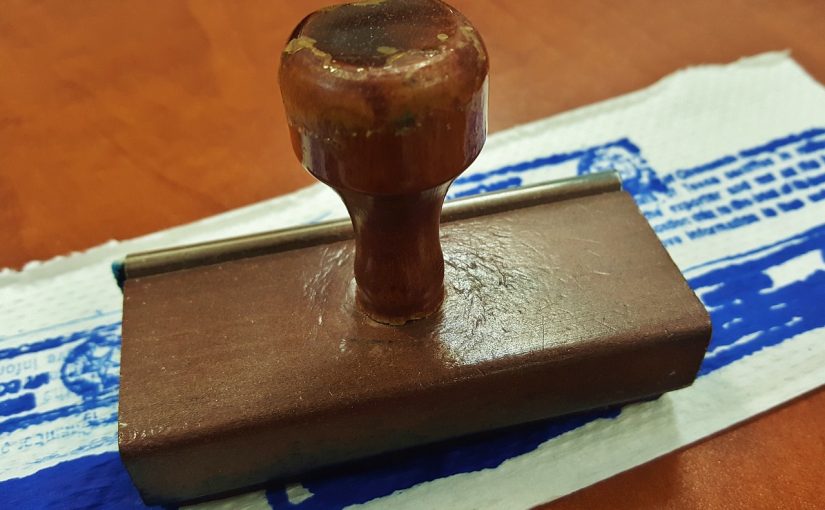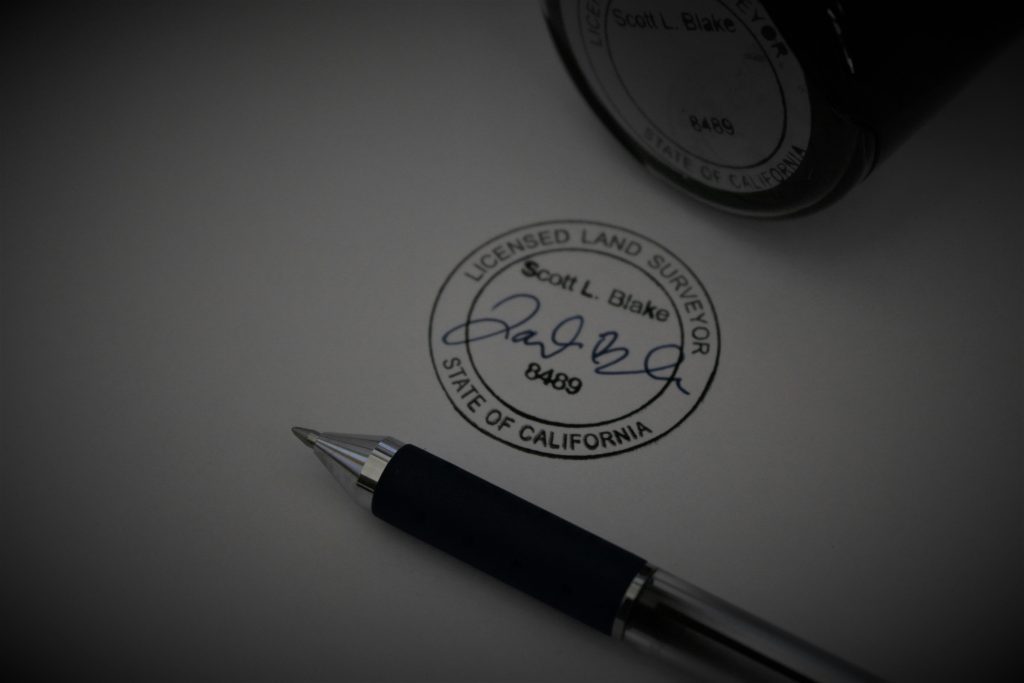
In 2020, several translation agencies noticed that the USCIS rejected immigrants’ applications, even the ones accurately translated into English, based on a single flaw, i.e., these translations contained only the signatures of translation agency representatives, not the translators themselves. This takes us to the subject of notarized vs. certified translations for a 100% acceptance rate at the USCIS.
What is a notarized translation, and how does it differ from a certified translation? In short, the USCIS needs anyone who wishes to enter the US to produce an official translation of documents when applying for a visa. That’s why you should always get in touch with online certified translation services to get this job done right. A Google-translated document won’t help your case too much.
However, not every translation job requires contacting notary translation services as well. It’s crucial to keep in mind when certified translation will get you to the next stage of govt. proceedings. This blog will explain when to translate and notarize a document to add an extra layer of authenticity.

What is a Certified Translation?
Even though govt. officials normally use AI to vet asylum seekers’ online posts, it’s not good practice. It’ll surprise you to learn that even Alphabet says that Google Translate can’t replace human translators. So, you should always submit certified translations when moving to another country.
Whenever you get your documents translated by a translation agency, the translator in question signs a “translation accuracy certificate” as well. This certification statement includes this info:
- The qualifications of the translator
- The name, date, and signature of the translator
- An explanation of the two languages that are dealt with
- A statement regarding the accuracy and complement of the document
In short, certified document translation means that your translator is affirming that they have accurately changed this paper from the original language to the target language.
What is a Notarized Translation?
Next, we come to notarization. Sometimes, you have to go the extra mile and get your translation work notarized as well. All translated documents must be certified, but only some have to be notarized. An original survey shows that, among the 810,000+ applications for permanent US residency, the USCIS will reject 88% based on different reasons. You can prevent that by notarizing your translation.

Remember, a notary public doesn’t verify whether the translation has been done correctly or not. Quite the contrary, their job is to simply vouch for the translator’s identity. The translator signs the translation in a notary public’s presence; it makes your translated document even more credible. To do so, you have to get in touch with experts by contacting a PR and manual translation service right away.
Certified vs. Notarized Translations: What’s the Difference?
The Korean government issues English-language international driving licenses to Korean citizens wishing to drive their cars in other countries. Before these driving licenses were issued, Korean nationals living in other nations had to visit the embassy located in that country and get their driver’s licenses notarized. It shows the importance of notarized document translations. But what makes notarization different from a simple certification of accuracy? Let’s find out in this section.
Purpose
Notarized and certified translations differ from each other mainly in purpose.

- Certified: The translator must state that they translated your document to the best of their skills and knowledge. That’s why they are signing the document with their name. In other words, it’s a simple acknowledgment of the translation’s correctness and completeness.
- Notarized: A notary doesn’t verify the correctness of your translation; they verify the act of your translator, verifying the accuracy of the translation. That’s why they witness the translator taking an oath and signing the translated document. They bear witness to the fact that this translator has, indeed, translated this document.
Use Cases
These verification systems have different use cases as well.
- Certified: Govt. departments like the DOD and USCIS require certification. Similarly, federal and state courts don’t need your translations to be notarized. The same can be said for colleges and universities where you can apply with a non-notarized translation.
- Notarized: Some local courts make a big deal about notarization. Similarly, DMVs in some states, such as Tennessee and New Mexico, notarization is mandatory. The Department of State in the US will require your translations to be notarized, too. We can say the same about Spain, where an application for a visa/passport must be accompanied by notarized translations.

Process
The notarization process is generally more expensive and time-consuming. Here’s how the process can be different for each of these two translation verification systems:
- Certified: The translator will review the translated document for accuracy and sign/stamp a pre-written statement bearing their name (and other info). You’ll get this statement along with your translated document.
- Notarized: After preparing the above-mentioned statement, the translator will meet the notary public and swear an oath in their presence. The statement is signed before their eyes as they’re witnessing the oath. Then, the notary will add their seal and signature. Now, the translation has been notarized and is ready to be delivered to you.
Conclusion
Here’s a summarized version of how these two translations are different from each other:
| Aspect | Certified | Notarized |
| Description | A translator verifies that their translation work is accurate | A notary verifies the identity and oath of the translator in question |
| Sign | Signed by the translator | Signed by the notary public and the translator |
| Statement | You get a statement of accuracy certificate | You get a sworn oath attesting to the translated document’s accuracy |
| Witness | – | Notary |
| Translator ID Verification | – | Done by the notary public |
| Use Case | Needed for legal documents, immigration, and academic purposes | Needed for formal legal documents, such as property deeds and powers of attorney |
| Time Factor | Doesn’t take a lot of time | Time-consuming |

Hopefully, you now understand the difference between these two translation verification systems. Any reliable translation agency will give you a translation accuracy certificate. However, getting it notarized will cost you extra. That’s why you should contact professional translation services for notarization. They can get in touch with a notary public who will witness the translator signing their work.
If you need any help getting your documents translated with perfect accuracy and a 100% acceptance rate as the USCIS, visit TranslateSwift for swift, hassle-free translation work. They hire expert translators who can produce error-free translations in 120+ languages, delivering them within 24 hours.
FAQs – Notarized vs. Certified Translations
What’s the point of sworn translations?
A notary will witness a sworn translator putting their stamp and signature on the document. They’ll then seal the document to verify the paper’s authenticity and the translator’s identity.
How do we define certified translation?
A certified translation is one that comes with a signed statement attesting to the correctness of the translation work as per the translator’s knowledge and ability.
Does a certified translation document expire?
No, a certified translation doesn’t expire or have an expiration date.










